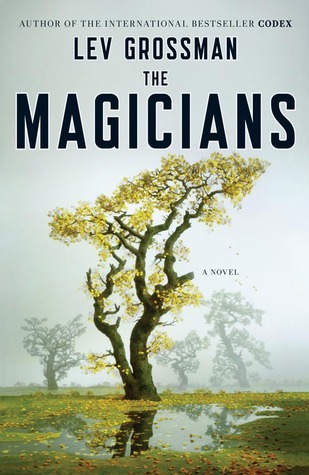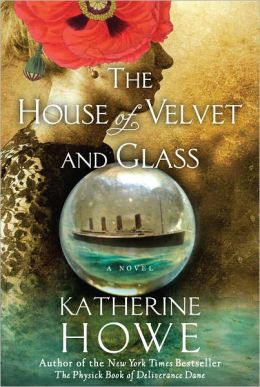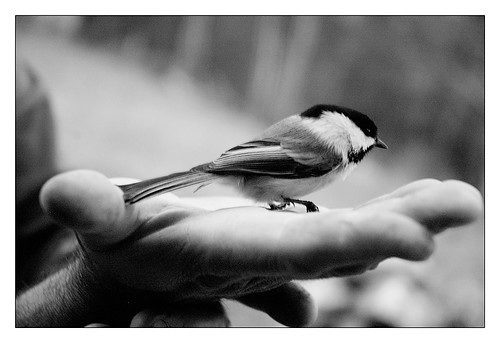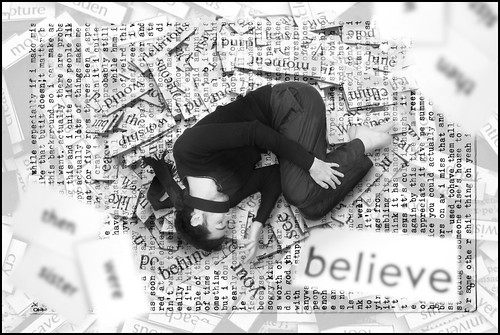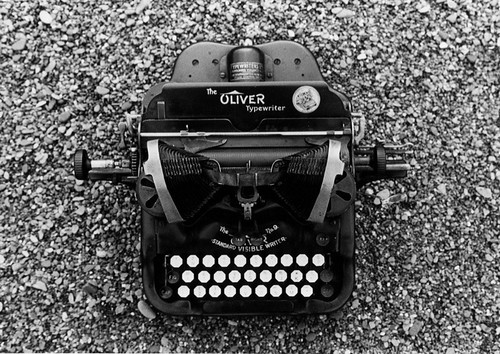"Write and forget the rest of the world" by Mary Grace Ardiente de Castro on flickr
I often find myself plagued by the ubiquitous word "should." This author does this, therefore, I should be doing that, or I must do that. The work clicks in when I measure myself against the success of other authors: failing to make a thousand or more words on a page, not getting anywhere with agents, not having time for my online writing community. For whatever reason, negative messages pop up in brain like weeds and choke out all the good beautiful foliage that should be there:
- "I should have been trying to get pieces published in high school."
- "I should be getting up at 5 a.m. to write and fulfill a word quota for the day."
- "I should have been done with that story by now."
- "I should write this one story because it seems marketable."
- "I should be blogging at least once a week, in a witty and engaging manner using lots of graphics, video and subliminal messaging."
- "I should be tweeting and posting on Facebook and commenting in articulate paragraphs on other blogs and writing reviews on Goodreads and making social connections and...."
- "I should have more to show for my writing career."
- "I should go to that one writing conference because all the other up-and-coming writers are going, getting advice, getting agents."
- "I should be an extrovert."
- "I should be able to write anywhere and everywhere, even with a jackhammer right outside the office window."
- "I am doing this all wrong."
None of these are necessarily true, although it is strange how much we believe them. And when, say, I physically cannot get myself out of bed at 5:00 to write, the whole day is ruined before it starts. "I'm a bad writer! I can't get my act together! I'm not disciplined! I only wrote one whole sentence today!" And what of these fantasy writers who are getting agented all over the place? Is this really true? Is it really that easy? Or is it just part of the negative static clogging our creative minds, keeping us forever in the past?
So we're not like that hypothetical group of successful, smiling, rich, creative, brilliant people. They are an illusion. No one has an easy writing life. Writing is freaking hard. Period. Writers come on a vast spectrum of disciplines and habits and quirks. You may not be able to function at the writing desk without a shot of whisky, or maybe you need complete silence. Some write in bed. Others on the subway. Some can write in little snatches on the go, others need to stick close to home base. Or if you're Dan Brown, you need to hang upside down to get the creative juices flowing. Where you fall on the spectrum of discipline and a quota of words is part of you.
The point is we should be focused not on the writers we think we should be, but on the writers we already are and what we're accomplishing now.
I'd thought the whole scenario of getting up early and getting work done made perfect sense. And it did for a few days. It did feel awesome to be up at 5:30 and writing away, but the weekends came, I'd sleep in and it turned out to be a very difficult routine to maintain. I'd panic - there was no time or mental space to tinkering with my WIP at work (jackhammer noises coming from the elevator shaft - there is no quiet way to disassemble and replace an elevator) and by the time I'd get home, I'd be too beat to do anything creative. Coming home at night is the bookend of the day - things are winding down, kitty needs to be fed, the trash taken out, my dinner made, the dishes washed, the shower taken. So I've been spending time at a coffee shop not far from work for an hour to two afterwards. I have found more enjoyment working there at my own pace, without the constraints of time than when I was forcing myself out of bed at an ungodly hour. Who knew?
I haven't been measuring word counts, either, because I feel - especially with a tentative draft - it is a great way to perpetuate loads upon loads of meandering Nothing. I cringe at the idea of National Novel Writing Month, of having to spit out 1,667 per day with little room for thoughtful brainstorming or rest. But that's okay. Many people enjoy the exhilaration of diving right in, to "get 'er done!" as the great Nebraska philosopher Larry the Cable Guy says. It just doesn't work for me. There are times when quantity cannot replace quality.
Personally, I feel like I've spent a great deal of time trying to imitate those visibly successful writers, join bandwagons and get swept up for a spell in a particular creative zeitgeist. I joined Twitter only to panic that no one was paying attention to me and that I couldn't write a 143 character tweet to save my life. Nor did I have the energy to dance across the internet leaving an electronic trail of comments, shouting "I'm out here! Pay attention to me!" I hated myself for trying.
There is no magic formula for success, particularly success in writing. No set time frame. No standard career plan. And yet we still believe that if we hang upside down just like good ol' Mr. Brown, we might be just as successful - a wide readership, bestsellers, movies, mansions. If we're smart or well-read enough we might get the Man Booker Prize like 28 year old New Zealander Eleanor Catton did this month. And... if we don't we tend to think, "hey, I'm 28. I must have missed the mark and my big break. My life is forfeit." Bah.
The things we tell ourselves.
Of course, there isn't anything wrong with social media, with conferences, with challenging yourself, but in the day to day, while we're in-progress and still working full-time jobs, it is so much better to focus on the gifts and the circumstances we were given to continue on with our work. To write because we're compelled and made to write, not to conquer everything in one day or judge the whole of one's budding career by a string of bad days or where others tell us we should be. If we're trying our best to hone our craft and navigate the publishing world, that's success. Success might take years and years. It doesn't matter what it looks like to anyone else.
I return to Anne Lamott's advice about the one-inch picture frame: tiny assignments - write one description, one little sentence and see where it takes us. And from there, just write moment by moment. Focus on what can be done today, or this hour, or until the baby wakes up from his nap, not what "should" be done in a week or even a month. Otherwise, writing becomes the ultimate in Sisyphean feats. We must follow a string, a stepping-stone path of little goals - keeping the future in mind but not comparing goals to others' achievements. We're not "there" yet, but we will be. When we do get there, it will look worlds different than how we imagined it. Our job for now is simply to hang in there. How you "hang" is completely your choice - not Dan Brown's, Stephen King's, Margaret Atwood's or Charles Dickens'.
So. Enjoy the ride. Spread your wings at your own pace, exercise them everyday, practice flying further and further toward that horizon. You'll get where you need to be soon.
